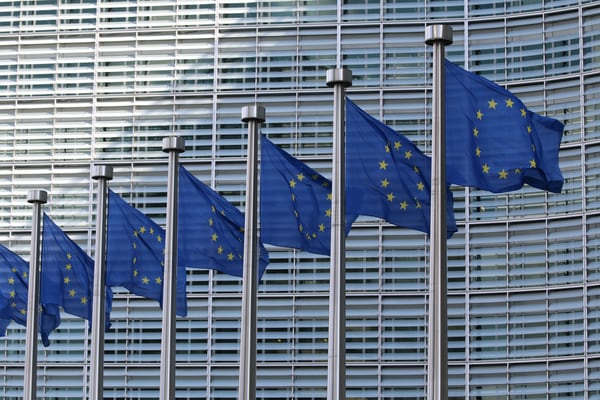News
CES joins European consortium to scrutinise media representations on the European Union
The Centre for Social Studies (CES) of the University of Coimbra will be part of the team of the European research project "MEDIATIZED EU - Mediatized Discourses on Europeanization and Their Representations in Public Perceptions", funded by the European Commission under the H2020 Programme and led by Dublin City University.
The CES research team, composed by Maria Raquel Freire (Senior Researcher) and Sofia José Santos, will develop the analysis of the Portuguese case study, comparing it with other European political and media landscapes, and cocoordinating the dissemination and communication area of the project.
MEDIATIZED EU starts from two fundamental premises. The first, that the media play a central role in the construction of reality, influencing the way it is politically constituted, closing political dynamics as or more relevant than the formal political processes themselves. The second recognises the existence of multiple Europes and, subsequently, of different narratives of what it means “to be European” and what it means to be “Europe” as a common project.
In this sense, MEDIATIZED EU will seek to analyse the representations of the "European project" and the concept and processes of "Europeanisation" conveyed by the media (conventional and digital) in Europe, as well as the perceptions of European public opinion towards these representations. The project will map and analyse the political, social, economic and legal information and misinformation systems, processes and dynamics that build these different representations of the EU in the European media space and understand the ways in which they are appropriated, negotiated, co-opted or contested by public opinion in the different Europes within Europe itself.
The project, which will start at the end of 2020 and will run for four years, has obtained an overall funding of close to EUR 2.9 million, of which approximately EUR 350 thousand allocated to CES, for the implementation of the project throughout its duration.
With a strong political and communication component, MEDIATIZED EU will generate a panoply of results addressed to various audiences, among others, scientific articles, books and book chapters, policy and good practice recommendations, podcasts, website, op-eds or higher education curricula.


